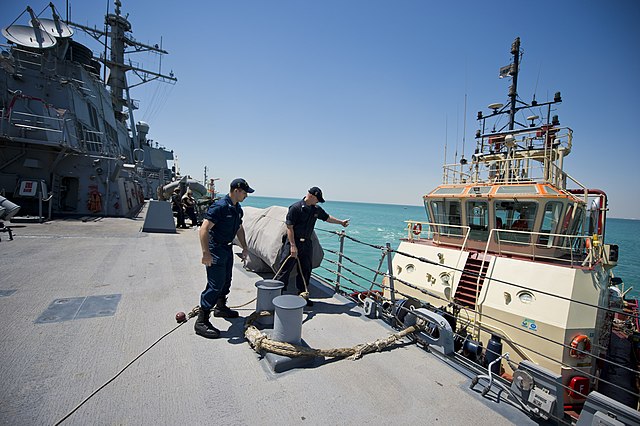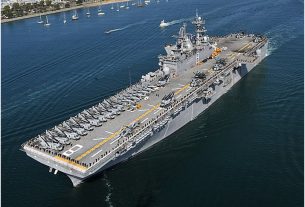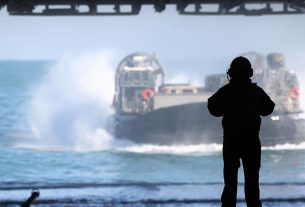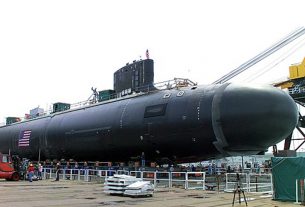The U.S. Navy has released its 2024 plan, which focuses on long-range weapons and shrinking the amphibious fleet. The plan calls for investments in advanced missiles and unmanned systems, while reducing the number of amphibious ships in the fleet.
The Navy plans to increase its investments in long-range weapons, including hypersonic missiles, anti-ship missiles, and land-attack cruise missiles. The plan also includes investments in unmanned systems, including underwater drones, mine countermeasures, and unmanned surface vessels.
In order to free up funding for these new investments, the Navy plans to reduce the number of amphibious ships in the fleet from 34 to 28. The plan also calls for retiring older ships, including some of the Navy’s guided missile cruisers.
The 2024 plan is part of the Navy’s effort to modernize its fleet and maintain its technological edge over potential adversaries. The plan reflects the changing nature of modern warfare, which is increasingly focused on long-range, precision weapons and unmanned systems.
The plan has been met with some criticism from lawmakers and defense analysts, who argue that the reduction in amphibious ships could limit the Navy’s ability to conduct amphibious operations and respond to crises around the world.
The Navy has defended the plan, saying that it is necessary to make tough choices in order to ensure that the fleet is modern, efficient, and effective. The Navy has emphasized that it will continue to maintain a strong amphibious capability, even as it reduces the number of ships in the fleet.
Overall, the 2024 plan reflects the Navy’s commitment to modernizing its fleet and investing in advanced technologies. The plan will likely continue to be the subject of debate and discussion in the coming months as the Navy seeks to balance its competing priorities and maintain its role as a global maritime power.





